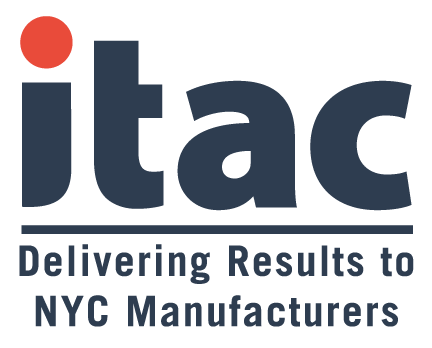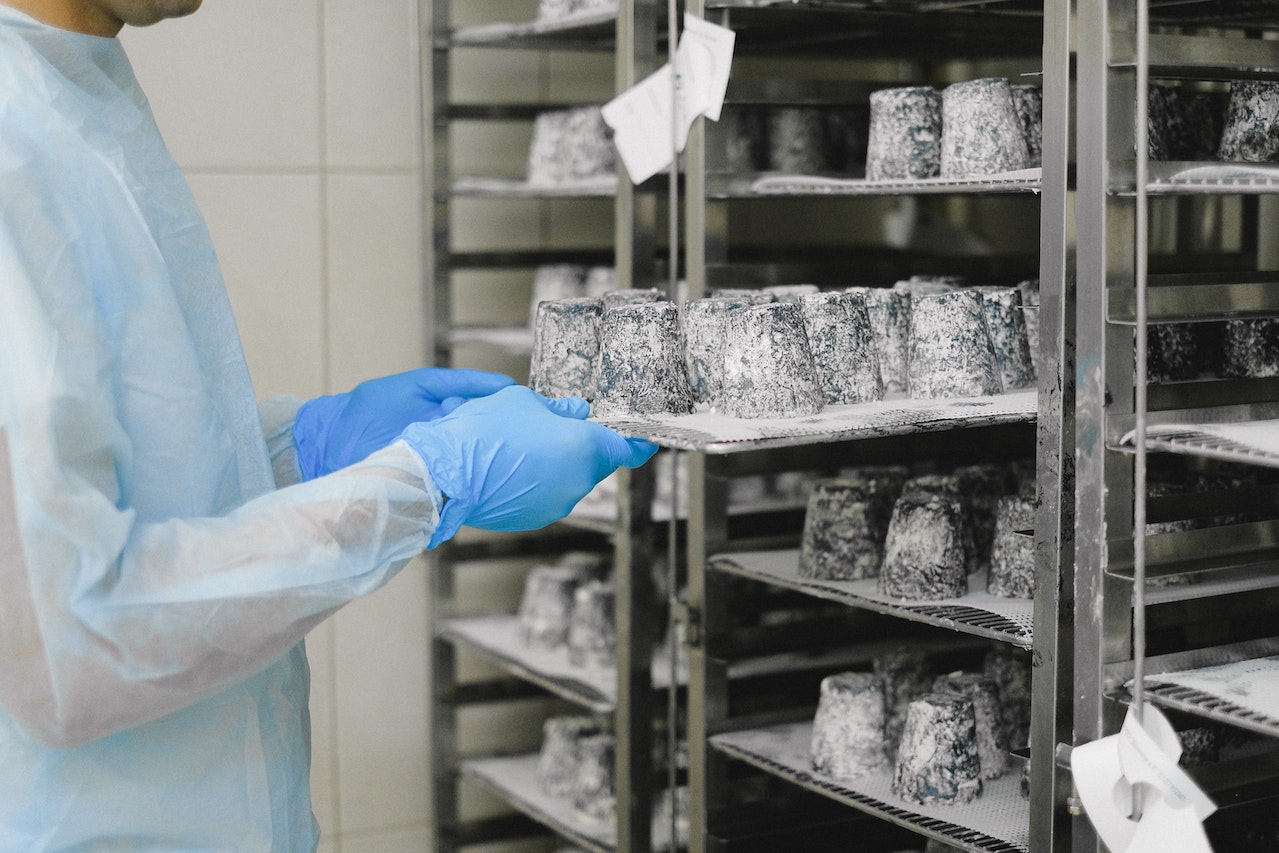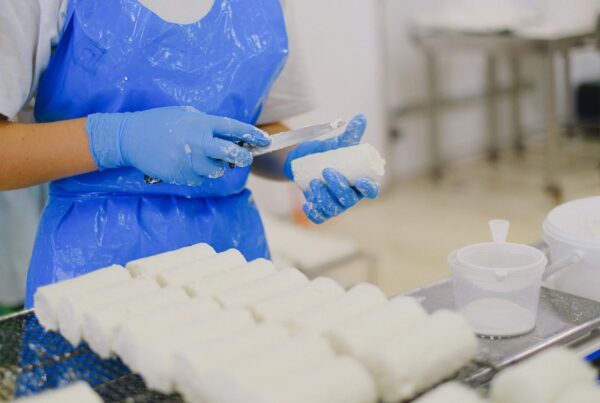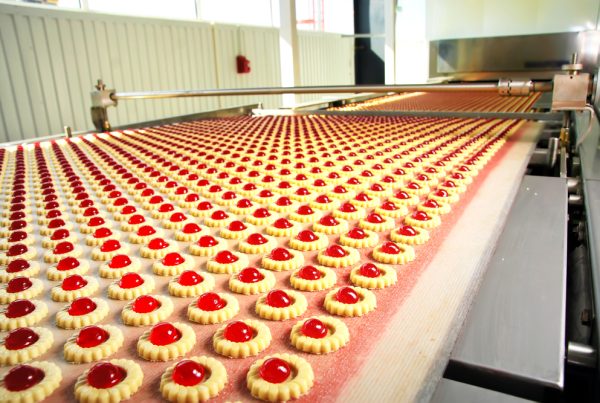With food recalls come money lost in associated costs. By food manufacturers focusing more on preventing food safety food problems on the front end rather than reacting to the problem after it occurs, both the manufacturer and consumer can end up better off.
Food safety can act as a road map to drive efficiency and process innovation. This is because companies with a food safety culture are more likely to have long-term compliance, understand their role in carrying out preventive controls, and have buy-in among staff and managers.
A Food Safety Plan Is the Foundation for Food Manufacturers
A food manufacturer must have uniform data and a system of preventive controls they employ throughout their processes. This includes the precise makeup of the final product, the details of every step in the process and the ability to trace the sourcing of every ingredient and whichever staff members were involved in the production.
One of the primary benefits of a food safety culture is the use of incentives for manufacturers and suppliers to take what is learned from these outbreaks and apply appropriate preventive measures. For example, a root cause analysis from an outbreak traced to ill food workers would try to determine what environmental factors contributed to ill workers deciding to come to work.
What is the SQF Program?
The Safe Quality Food (SQF) is an intense program that designates that the food consumers eat is safe. In addition to being recognized by the Global Food Safety Initiative (GFSI) it is also well recognized by brand owners and food service providers. While getting the certification can be complicated and take a year or more (to complete all three levels of the certification), almost one in four food companies requires their suppliers to have an SQF certification. This highlights how important an SQF certification can be, and how many new opportunities can be opened by getting one.
Private Industry Drives Adoption of Food Safety Best Practices
Third-party qualifications are a significant incentive for food manufacturers and are increasingly required of suppliers by the largest food and beverage manufacturers. The GFSI is an industry-driven initiative for the development of food safety management systems to ensure food facilities are processing safe food for consumers. GFSI oversees and approves different auditing organizations who meet their criteria for following safety audits.
Minimizing Risk of Food Safety Problems in the Processing Industry: Good Manufacturing Practices
According to the Code of Federal Regulations (CFR), Good Manufacturing Practices (GMPs) are the controls, equipment, facilities and methods of producing processed foods. The goal of GMPs is to create the minimum sanitary and processing requirements for the production of safe food for consumption. These are critical to regulatory control and help eliminate food processing safety mistakes.
While food safety compliance and regulations can be a complicated and difficult process, it is an important step for all food manufacturers to take to ensure the success of their business.
For more information on food safety and certification, contact us today.
______
ITAC is the NYC chapter of the Manufacturing Extension Partnership (MEP) network, affiliated with the National Institute of Standards and Technology (NIST). These non-profit organizations deliver technical, consulting, and workforce development services to small and medium-sized businesses in the manufacturing community.
The insight for this article originated from NIST MEP.
